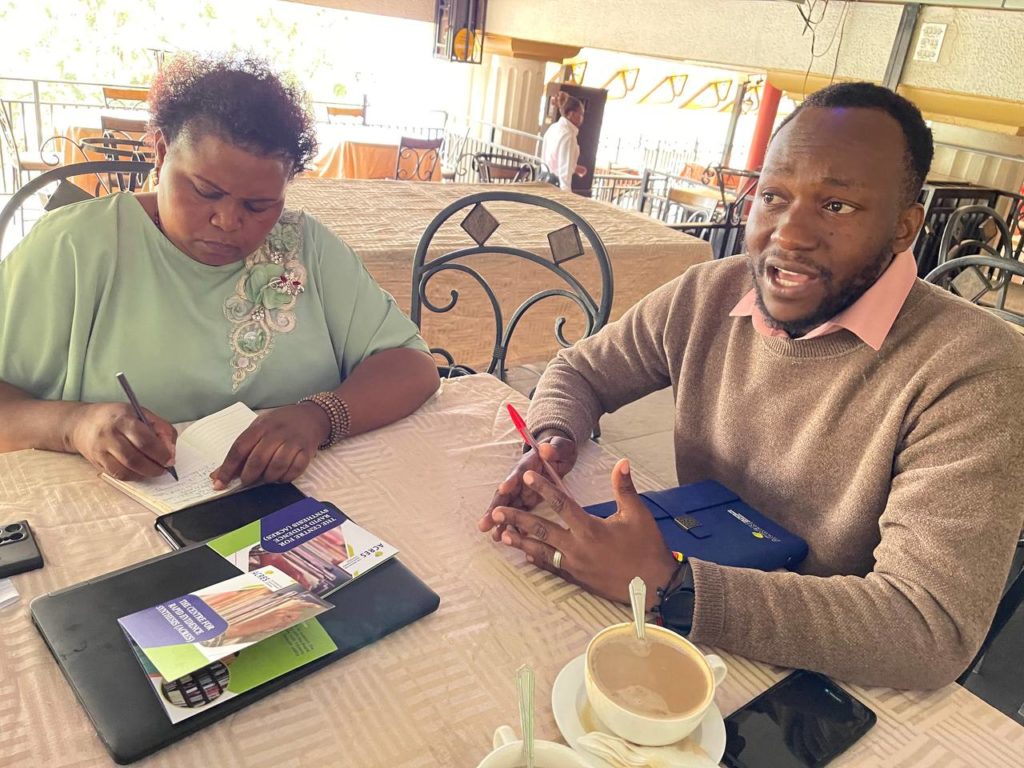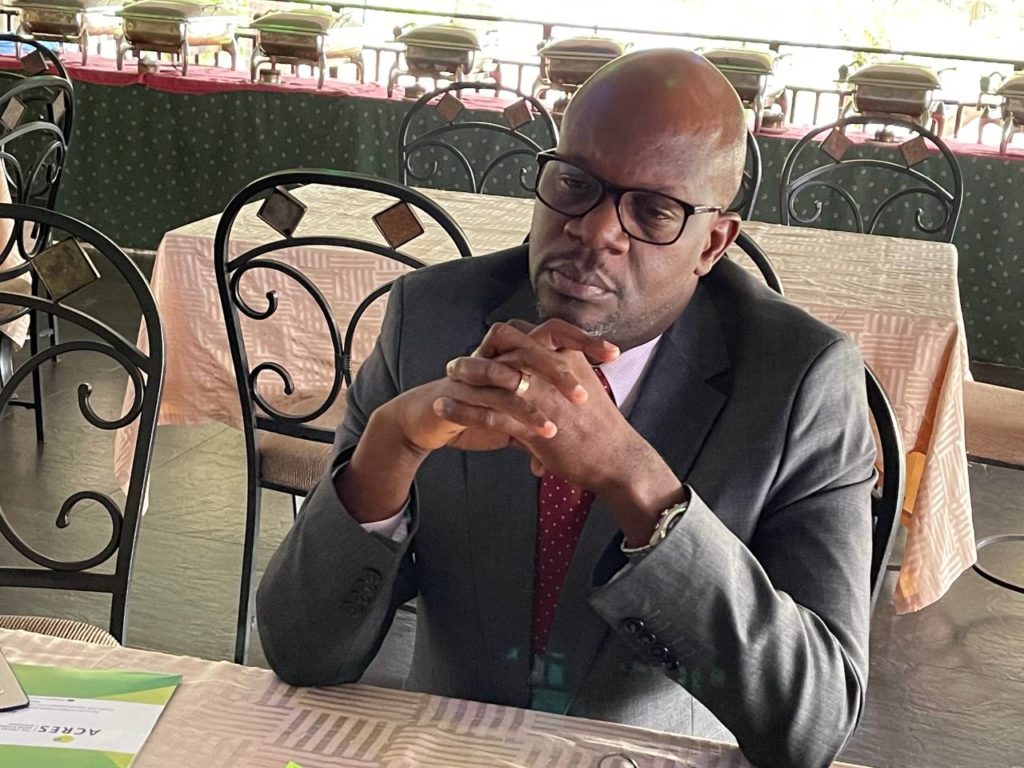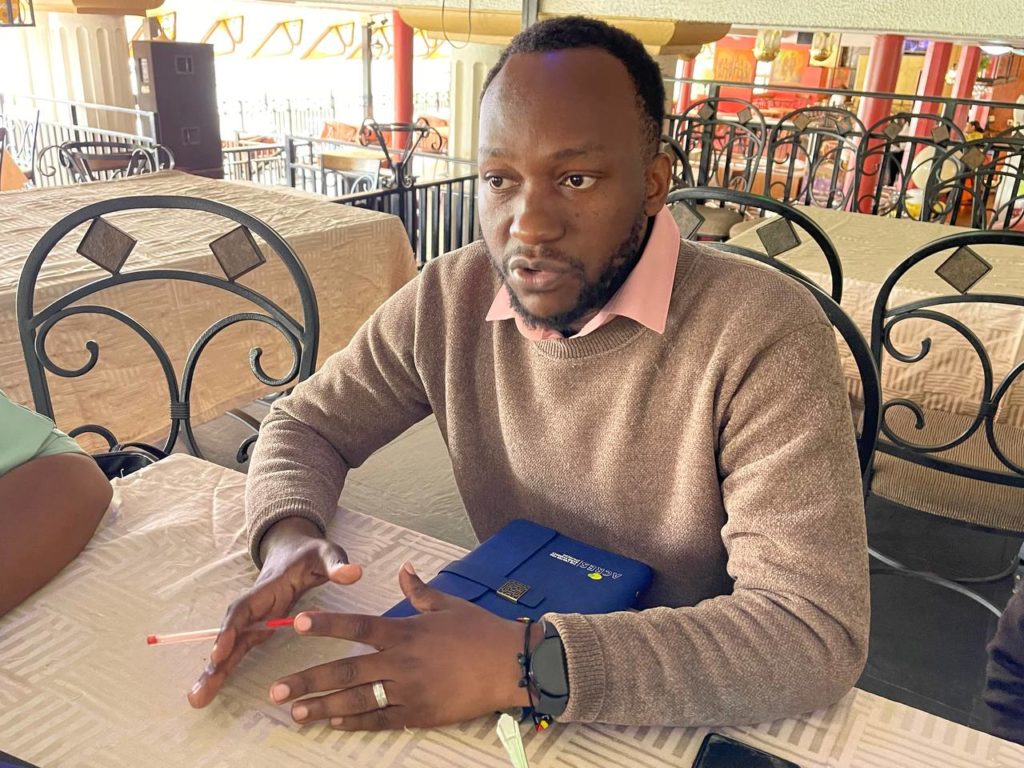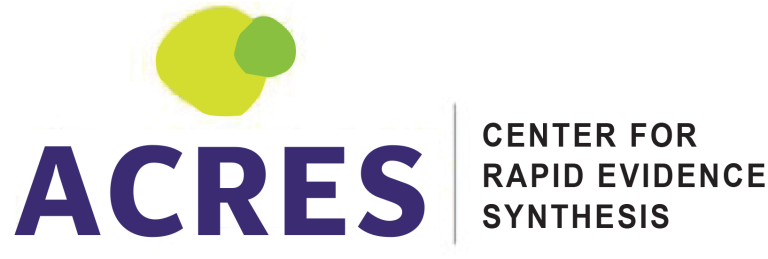Parliamentary forum commits to use of evidence in climate change policy formulation

The Parliamentary Forum on Climate Change – Uganda (PFCC-U) has pledged to work with The Center for Rapid Evidence Synthetic (ACRES) to increase the use of evidence in policymaking. The call was made by Christine Kaaya Nakimwero, the Kiboga Woman MP also Coordinator of the PFCC-U during a breakfast meeting hosted by ACRES at Grand Imperial Hotel in Kampala. Nakimwero is also the Shadow Minister for Water and Environment.
The meeting, also attended by Richard Lumu, the MP Mityana South, was called to discuss ways ACRES can contribute to policy formulation on matters of clean energy and climate change.
Nakimwero noted that Parliament requires evidence to inform public policy.
“The Forum is open for engagement with ACRES. Legislators need this generated evidence to inform their debates on the floor of Parliament and Committees and we are happy that ACRES can close this gap,” Nakimwero said.
The legislator also urged ACRES to use the radio, a major medium of communication in Uganda, to reach out to the masses with evidence on climate change and adaptability.
“Most of our constituents lack information on climate change and have gone on to destroy the environment leading to a changing climate. Can ACRES come up with radio programs to pass on the generated evidence on climate change to these masses? Maybe then people’s choices will improve,” Nakimwero noted.

Lumu decried the formulation of policies not guided by researched evidence. The legislator pointed out the setting up of landfills around cities without considering the available evidence.
“These landfills are destroying the environment, and no one seems to care since they lack the necessary research evidence. The leaders and the populace need this evidence to understand the effects of their choices” Lumu said.

The Parliamentary Forum on Climate Change‐Uganda (PFCC-U) was formed in 2008 by Members of the 8th Parliament to respond to the pressing environmental, social and economic issues presented by Climate Change. Being among the first Parliamentary forum on climate change in Africa, the forum has influenced parliamentary climate change dialogue and reforms in many regions of the continent.
PFCC‐U provides a mechanism through which Uganda can strengthen linkages between the parliamentarians, executives, the academia and civil society on climate change and related challenges through representation, legislation, budget allocation and oversight.

Meanwhile, ACRES, and its partners, is currently implementing the two – year LEEPS Initiative with access to evidence on Clean Energy one of the project’s major components.
Edward Kayongo, the Head of the Policy Engagement and Analysis Unit at ACRES, who led the delegation, welcomed the collaboration with the Forum, noting it will greatly impact the formulation of public policy on climate change.
“ACRES runs a Rapid Response Service where policy questions from stakeholders are answered within one month. Our rapid response briefs provide the evidence policymakers require to make impactful decisions,” Kayongo said, adding “And most importantly, our services are for free.”



